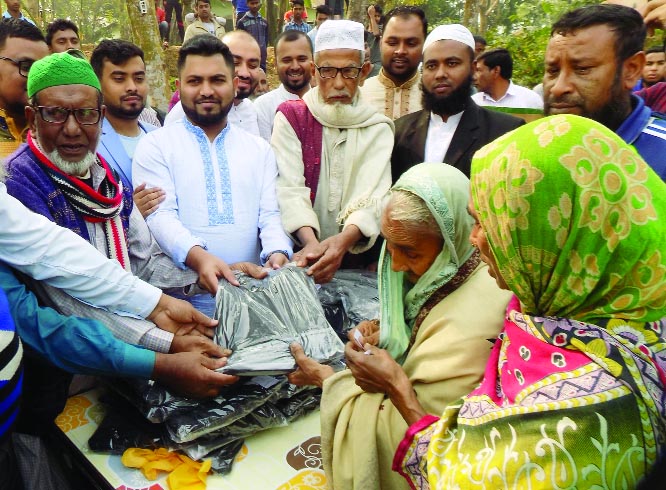
Agriculture scientists and researchers observed that substantial boosting of rainwater harvesting can be the vital means of sustainable agriculture in the vast High Barind Tract (HBT).
Referring to the constraints of HBT, they opined that rainwater harvesting for its crop production could be a sustainable solution. Use of rainwater is also important for saving farmers’ money as well as increase production.
The observation came at a daylong seminar titled “Introducing Rain Water Harvest, Irrigation Water Management and Safe Food Production System” in Rajshahi city on Thursday.
Barind Multipurpose Development Authority (BMDA) organised the seminar in its conference hall where more than 50 engineers, professors, academics, researchers, agriculturists and farmers attended.
BMDA Chairman Dr Akram Hossain Chowdhury and Professor Monzur Hossain addressed the seminar as chief and special guests respectively with BMDA Executive Director Engineer Abdur Rashid in the chair.
Deputy director of Japanese Irrigation Department Engineer KatoKeoki and his compatriot chief agriculture officer of Yamagata Parfecture Makami Paito presented two keynote papers ‘rainwater conservation and water management’ and ‘safe food production’ respectively.
They told the seminar that rainwater harvesting is a method of inducing, collecting, storing, and conserving local surface runoff for agricultural production.
Farmers in water scarce areas like HBT face difficulties in agricultural production due to unavailability of water at right time and in right amount.
Rainwater harvesting can be effectively used by farmers to overcome the hardships of nature. Use of rainwater harvesting for agriculture is common as a result of the irregular nature of rains in many countries and is widely practiced in areas where there is irregularity in seasonal rains.
Rainwater harvesting technology helps storing water in rainy seasons, for usage, during the drought period.
Dr Akram Chowdhury says BMDA has adopted a five-year project titled ‘Barind Rainwater Conservation and Irrigation’ with an estimated cost of Taka 238.95 crore.
Under the project, khash canals and ponds are being re-excavated for rainwater conservation for extending irrigation facilities and to uplift socio-economic condition in this drought-prone area.
The state-owned derelict canals are being re-excavated to increase the number of reservoirs for drawing rain waters and using it for variouspurposes, especially for irrigation, that is very important for the region in terms of water-stress condition.
The project has been designed to re-excavate khash canals, ponds and other
possible water bodies for increasing the volume of reservoir to hold rainwater in the driest area and use the preserved water for various purposes, particularly in irrigation.

